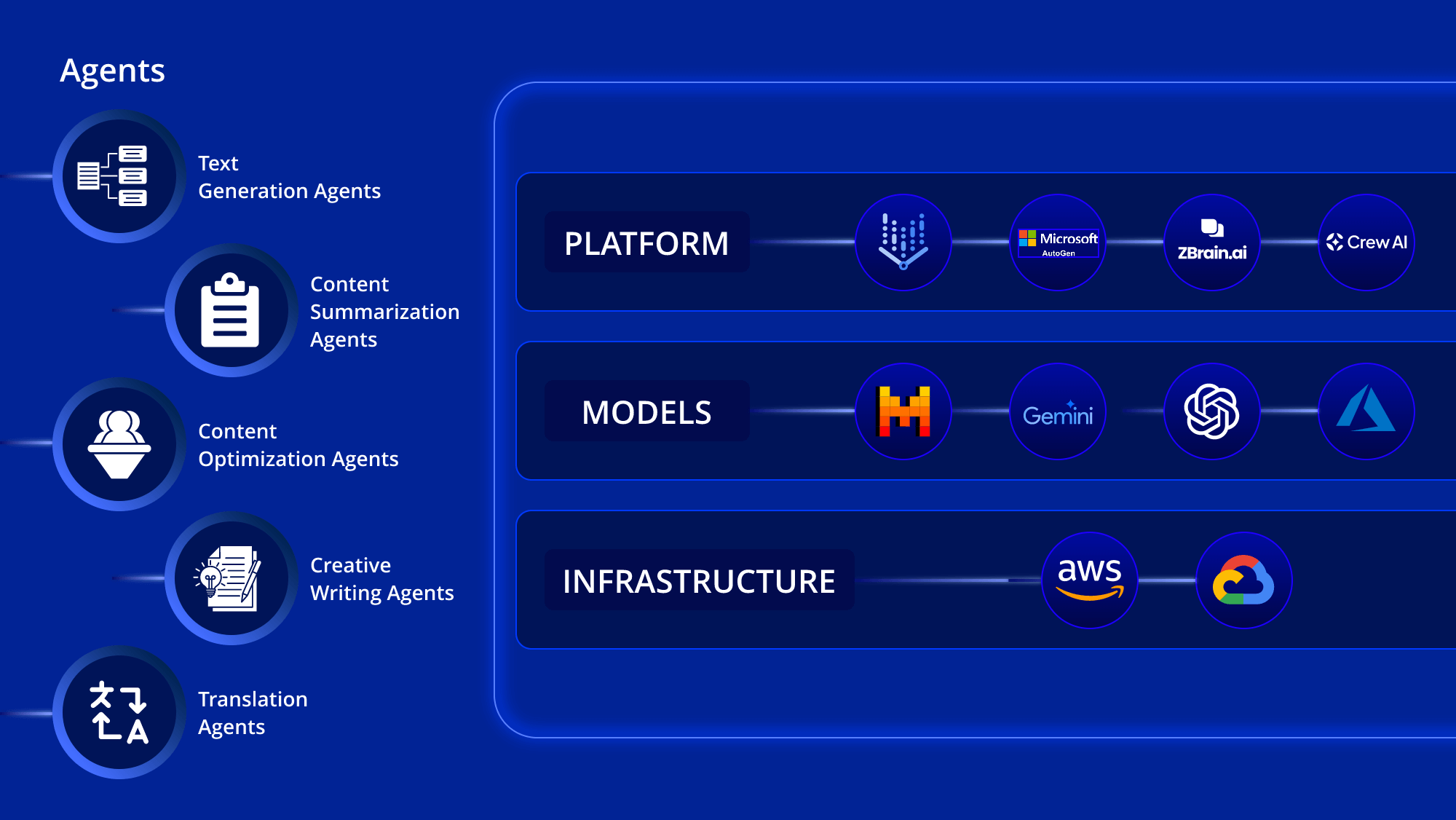AI Agents: Revolutionizing Digital Interactions

AI Agents: Revolutionizing Digital Interactions
AI Agents: Revolutionizing Digital Interactions
Artificial intelligence agents are transforming the digital landscape by enhancing automation, efficiency, and intelligent decision-making across multiple industries. From customer support to marketing, these advanced systems empower businesses to achieve more with less effort.
Understanding AI Agents
AI agents are sophisticated software programs that autonomously perform tasks using machine learning, data analytics, and intelligent decision-making. They can analyze vast data sets, interpret patterns, and execute complex processes, making them invaluable in numerous sectors.
Key Applications of AI Agents
- Customer Support: Providing real-time assistance and personalized user experiences.
- Healthcare: Aiding in diagnostics, patient management, and treatment recommendations.
- Finance: Automating trading operations, risk management, and fraud detection.
- Marketing: Analyzing consumer behavior to optimize engagement and strategy.
In-Content Images with Sources



Benefits of AI Agents
AI agents bring several advantages to the table including enhanced efficiency, increased accuracy, scalability, and cost-effectiveness. By automating repetitive tasks, businesses can redirect human resources towards more strategic initiatives.
Challenges and Ethical Considerations
Despite their significant benefits, AI agents come with challenges such as data privacy concerns, algorithmic biases, and ethical questions regarding accountability. It is crucial to address these issues to ensure transparent and fair AI practices.
The Future of AI Agents
The future of AI agents is bright, with predictions pointing towards advances in natural language processing, predictive analytics, and improved human-agent collaboration. These developments will further integrate AI into everyday processes, driving innovation across industries.
In conclusion, AI agents are reshaping how we interact with technology and digital ecosystems. Their ability to enhance efficiency and innovation makes them indispensable as we move towards an increasingly automated future.


